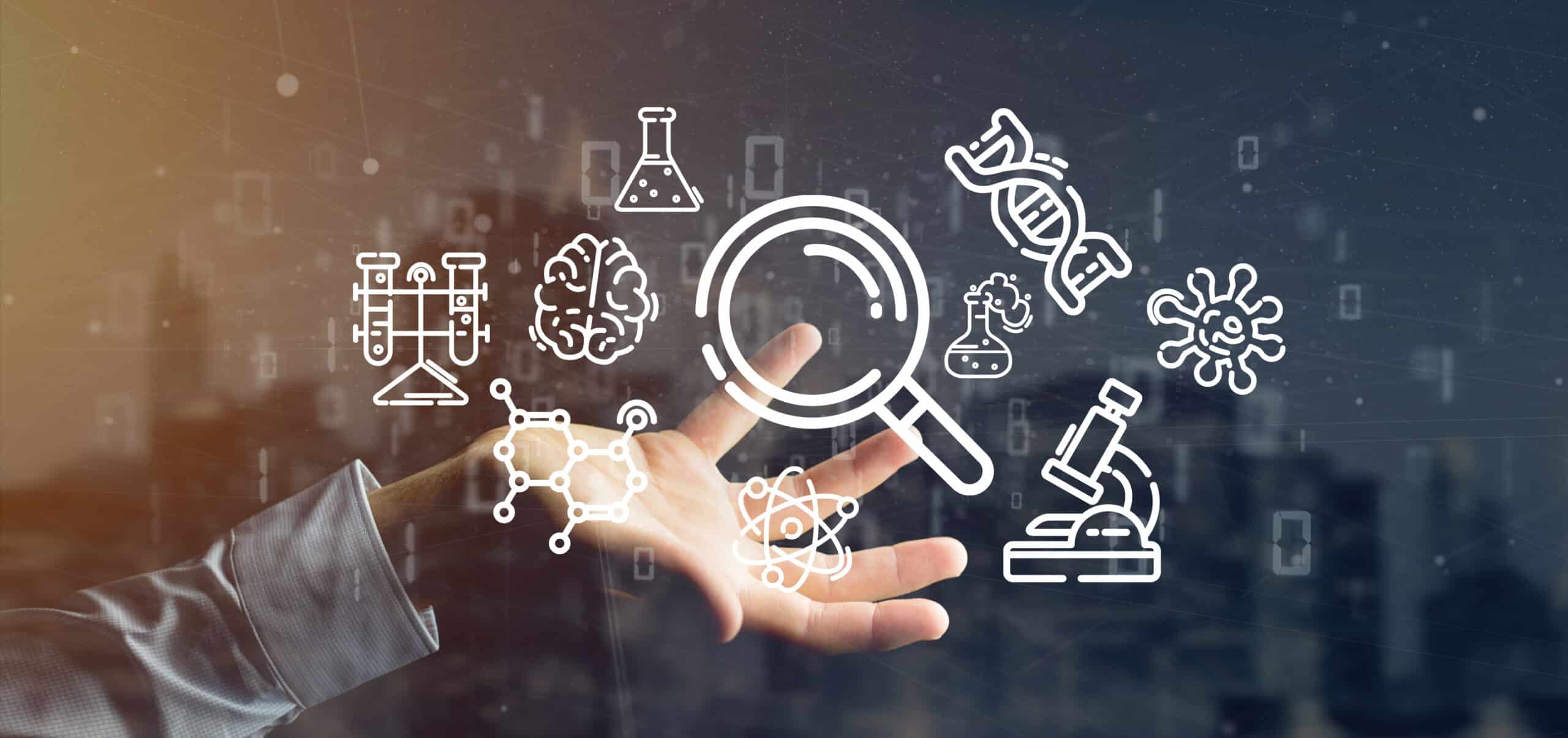
Anyone who has ever tripped knows that psychedelics can have special effects, but can we consider these drugs as drugs? There is increasing research on the potential of mind-altering drugs for mental disorders such as depression, anxiety and PTSD. In this blog, we explore whether you can actually think of these remedies as medicine.
A few years ago there was still quite a taboo on psychedelics, such as magic mushrooms or cannabis, but fortunately this is becoming less and less. Scientists and users recognize that mind-altering drugs can also be used therapeutically. But can we call them medicine? To find out, we must first find out what the word medicine actually means.
The word medicine stands for a substance that has a certain property. It can prevent, treat or cure a disease or condition. So that also means that a drug is used only when there is a problem (a disease). So you don’t just take such a drug without needing it. In fact, a drug can also be dangerous if you take it without having a condition.
Next, we look at psychedelics and how they differ from drugs. Psychedelics are drugs that have specific effects on the brain. The term consists of words that come from Greek. Psykhe means spirit and deloun stands for reveal. So psychedelics are drugs that can reveal your mind, can make visible what is hiding.
What has also become increasingly clear in recent years is that psychedelics can give you more insight into your inner world. Natural peoples have been using these remedies for a long time because of this reason. They are perfect for breaking down the ego and getting clear on who you really are, what you really want and what you care about. That process is called ego death and occurs mainly at very high doses.
During a trip, hallucinations also occur, auditory and visual effects, where your senses process stimuli differently. As a result, you see, hear and feel things that are not there. This too adds to the unique effects of psychedelics, allowing them to increase your understanding of yourself and the world around you. But does that allow you to consider psychedelics as drugs? Can they offer healing?

The point is that for many people, psychedelics are nothing more than a trip that they can have a lot of fun with. While that is obviously important, it is not the same as what a drug offers. Actually, psychedelics have much more to offer. Medications are purely to heal the body or mind and return you to a normal state. They counteract the negative symptoms of disease so that you can have as much of a normal life as possible.
In fact, psychedelics do the opposite, they take you out of your normal state. They change the way your brain and senses work, to break through ingrained patterns. Even if you have no symptoms, you can benefit tremendously from a trip and enjoy it as well. Psychedelics will almost always enrich your life and that is something that drugs do not do (although of course it will certainly add to the quality of life if drugs help reduce your symptoms).
In effect, then, we are saying that drugs are purely intended to combat symptoms and do not otherwise add value to life itself. Psychedelics you can just use if you are healthy and content, they offer pleasure and more insight into yourself. So they are not used directly to provide healing. Yet psychedelics can indeed be used in a similar way to drugs.

There are several studies showing that psychedelics can also be used to treat certain diseases. These are mental disorders, such as depression or addiction.
For addiction problems, psychedelics may be able to help. Their strength probably lies in promoting neuroplasticity. This is the brain’s ability to form new connections. In addition, the effects experienced during a trip, such as an increased sense of connection and deep insights into ingrained patterns of behavior, are also important. This may allow people to change their attitudes toward addictive substances.
Psychedelics can also potentially do a lot for depression. A Johns Hopkins University study involved 27 people with major depression. They were treated with two doses of psilocybin and therapy. After 12 months, they were still experiencing the antidepressant effects of these doses. Unfortunately, this was only a small-scale study and more research is needed to shed more light on the effects of psilocybin.
It seems that in depression, too, the positive effects of psychedelics are caused by being able to let go of stuck patterns, feel emotions more deeply and face problems. Neuroplasticity also seems to play an important role. A larger-scale study was conducted in England, in which several patients with resistant depression completely healed or were in remission three weeks after treatment with psilocybin. So mind-altering drugs actually seem to have properties that can be compared to drugs.
What is the conclusion now, are psychedelics to be considered drugs or are they something else after all? Mind-altering drugs are unique; in fact, they are not drugs because they do much more than cure. They can take you on an intense trip that you can take purely for pleasure, but can also set you on a path to healing. That’s something you can’t do with medication.
Medications have a single purpose and that is to physically or mentally cure or reduce symptoms. In that respect, psychedelics can do even more: they deepen and enrich your life, giving you new zest for life and a deep understanding of yourself and how you are in life. As a result, they clearly form a very distinct class of substances, with very different capabilities from those of drugs.



Valid from Dec 17 to Dec 27, 2024
Use the code below at checkout to receive 10% off the entire order.

